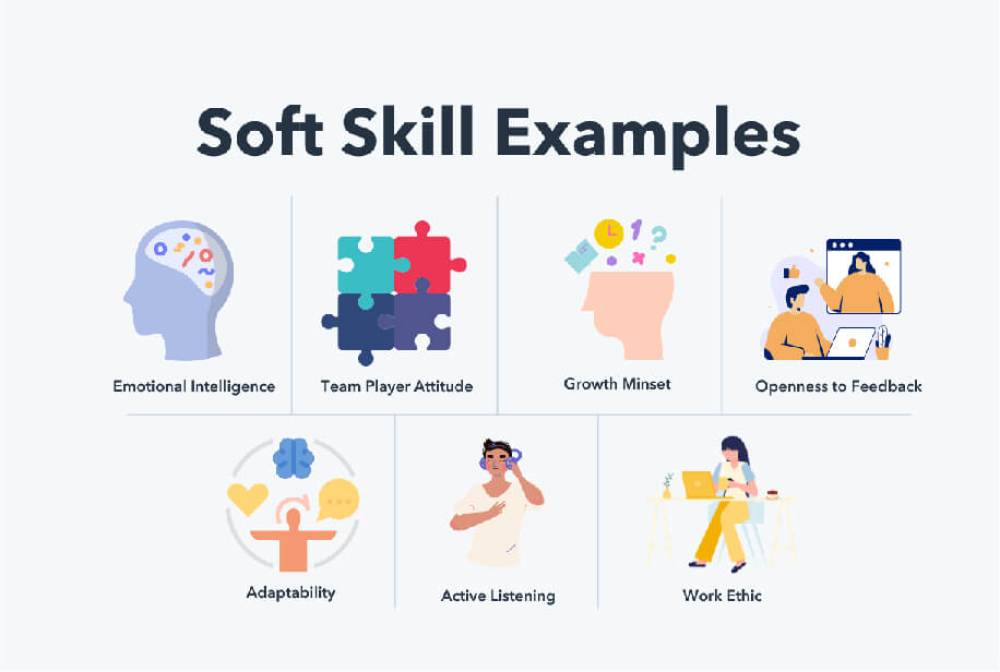
Embracing Digital Transformation
Digital transformation offers businesses a multitude of benefits, including increased operational efficiency, enhanced customer engagement, and accelerated innovation. By embracing automation, cloud computing, big data analytics, artificial intelligence (AI), and the Internet of Things (IoT), organizations can streamline their operations, optimize resource allocation, and unlock valuable insights from vast amounts of data. Furthermore, digital tools and platforms enable businesses to connect with customers on a deeper level, delivering personalized experiences, improving customer satisfaction, and fostering brand loyalty. Digital transformation also empowers companies to innovate faster, experiment with new business models, and adapt swiftly to market changes, giving them a competitive edge.
While the advantages of digital transformation are clear, organizations must navigate certain challenges along the way. Legacy systems, rigid organizational structures, and resistance to change are common hurdles that need to be overcome. Digital transformation requires a strategic vision, strong leadership, and a commitment to continuous learning and upskilling. It is crucial for companies to invest in the right technology infrastructure, prioritize cybersecurity measures, and develop a data-driven mindset. Collaboration and effective communication are also essential, as digital transformation often involves cross-functional teams and a shift in traditional hierarchies. Embracing a culture of agility, adaptability, and innovation is key to successfully navigating the complexities of digital transformation.
In conclusion, digital transformation is no longer an option but a necessity for businesses aiming to thrive in the digital era. It is a strategic imperative that enables organizations to harness the power of technology, optimize their operations, and deliver superior customer experiences. By embracing digital transformation, businesses can unlock new growth opportunities, gain a competitive advantage, and future-proof themselves against disruptive forces. It requires a holistic approach that encompasses technology, people, processes, and culture. With the right mindset, resources, and commitment, organizations can embark on a transformative journey that propels them towards sustainable success in the digital age.





